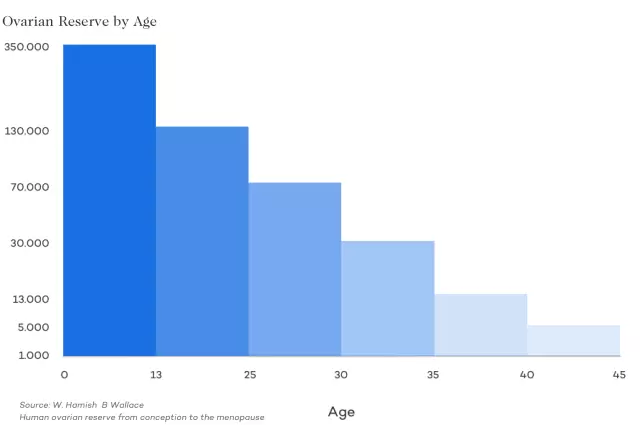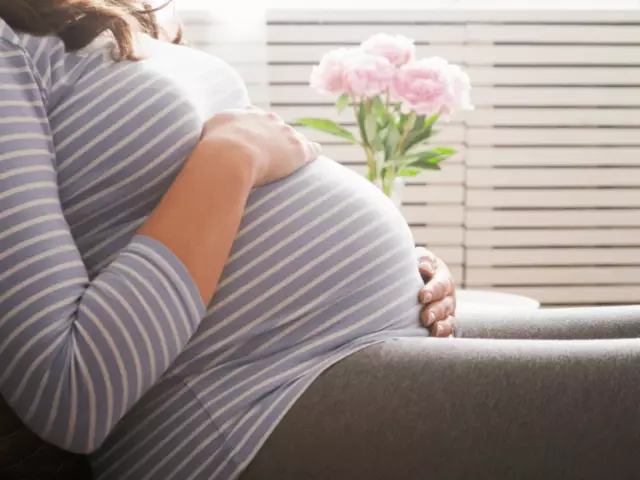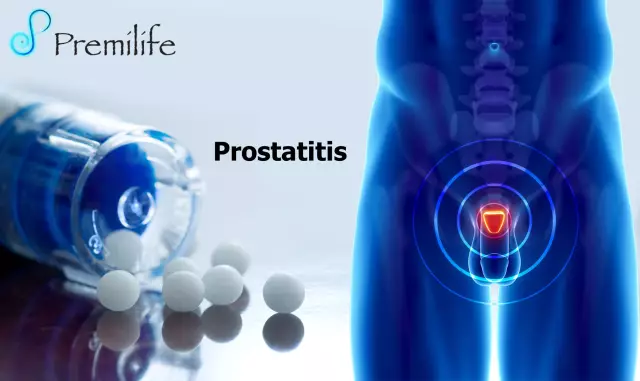- Author Rachel Wainwright wainwright@abchealthonline.com.
- Public 2023-12-15 07:39.
- Last modified 2025-11-02 20:14.
Chances of getting pregnant
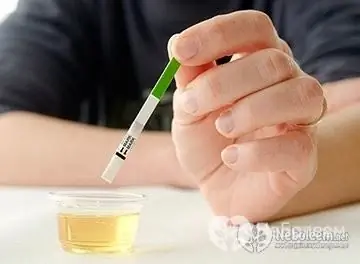
Not every woman has access to the joys of motherhood. Therefore, every adult representative of the fair sex at least once asked herself the question: "What are the chances of getting pregnant?" This is primarily due to the change of priorities - ironically, the ideal period for pregnancy falls during study, career, therefore, planning a child for many couples is postponed by 10 years. But even if everything is in order with health and age, it is possible to conceive a child far from all. What is the reason for the chances of getting pregnant and how to increase them?
Age and chances of getting pregnant
Age is one of the main reproductive factors in both sexes. Time is always relentless. If a woman wants to give birth to a child, then the greatest chance of getting pregnant is given at the age of 20-24, after which the probability gradually decreases, and the risk of infertility increases. And although men have a much longer reproductive period, the likelihood of having healthy children at 45 is much lower than at 20.
Is there a chance of getting pregnant if you are already old? According to family planning experts, women at 40 have four times lower rates than at 25. This means that the more years pass, the more time you need to conceive, and, besides, various diseases. which are usually detected over the years, can interfere with the bearing of the baby. What are the chances of getting pregnant for older couples? According to medical statistics, 6% of women aged 35 and 23% of 38-year-olds cannot conceive a child for more than three years in a row with regular sex. This is mainly due to health problems. The following factors reduce the likelihood of conception:
- depletion of the oocyte reserve;
- shortening of the menstrual cycle;
- thinning of the endometrial layer in the uterus;
- an increase in the viscosity of vaginal secretions;
- diseases affecting reproductive organs (endometriosis, polycystic ovary, chlamydia);
- exacerbation of chronic diseases.
Chance to get pregnant after your period
The very possibility of conception in women is associated with the ovulation cycle - the maturation of the egg. And this, in turn, occurs only on certain days of the menstrual cycle. How to determine your chances of getting pregnant after your period based on your ovulation calendar? Very simple. The ovulation cycle is divided into three intervals:
- the period of perfect sterility, when the probability of fertilization of the egg is zero;
- a period of partial sterility, when there are still chances of getting pregnant after menstruation;
- the period most favorable for conception.
According to the ovulation calendar, the period of partial sterility starts from the last day of your period and continues until ovulation. It, in turn, occurs 14 days after the first day of menstruation, but it can also fall on days 11-13 of the cycle. According to recent studies, the greatest chance of getting pregnant occurs at the time of ovulation. The probability is 33%. The day before ovulation, the chances of getting pregnant reach 31%, in two days they drop to 27%, in three days they are only 16%. These numbers are related to the sperm viability, which decreases every day. The longer the interval between intimate contact and ovulation, the less chance of getting pregnant. The likelihood of conception persists even 5 days before ovulation, although it is too low. And for six or more days, as well as after the release of the egg, it is minimal. It should be rememberedthat these data are only relevant for women with regular cycles.
What are the chances of getting pregnant if menstruation occurs after trying to conceive? This does not always mean that you have failed. In rare cases, after fertilization of the egg, menstruation still continues, but the discharge is scanty and smearing. If this is your case, then you have every chance of getting pregnant after your period.
Couple lifestyle
Absolutely healthy spouses who do not have problems with bad habits have much more opportunities for conception than smokers and sick people. Sometimes you need to change your lifestyle in many ways so that difficulties recede.
What factors affect the chances of getting pregnant? These include, first of all, the woman's weight - its lack (less than 50 kg) and excessive excess lead to a violation of the ovulation cycle.
The ability to conceive decreases with psycho-emotional overload. Studies have shown that men who experience regular stress have fewer sperm production from the testes.
How do coffee and cigarettes affect the chances of getting pregnant? A fundamental study of this issue has not yet been carried out. However, according to some reports, caffeine and nicotine slow down the production of sperm and make them less mobile, which means they are capable of fertilization.
The temperature regime also affects the ability to conceive - both men and women should avoid hypothermia and overheating in the genital area, as well as circulatory disorders due to tight or uncomfortable clothing, since all these factors reduce reproductive function.
How to increase your chances of getting pregnant
It is necessary to prepare in advance for a successful conception. If a woman is taking oral contraceptives, they need to be stopped several months before planning. Some contraceptives continue to work for some time after discontinuation - these include oral contraceptives, hormonal injections, rings, etc.
Consider the ovulation cycle when planning your pregnancy. For women who have irregular or too long it, it is best to use the basal body temperature method every morning to determine the release of the egg. It rises during ovulation. Within 2-3 days before the basal temperature rises, the chances of getting pregnant are as high as possible.
How to know if you need professional help
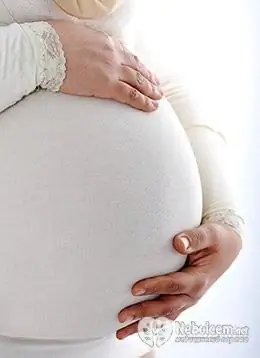
In a healthy couple with regular sex life (about twice a week), conception can occur within a year, provided that the expectant mother is under 35 years old. If this does not happen, it is worth contacting family planning specialists. If the lady was taking contraception, then three months can be added to the period allotted for independent attempts at conception. If a woman is 35 years old, then a visit to the doctor should be scheduled after six months of unsuccessful attempts.
A specialist is worth visiting if you have endometriosis, pelvic inflammatory disease, a history of miscarriage, or age 40 or more. Is there a chance of getting pregnant in this case? In most situations, the answer is yes. The only question is how much time and resources it will take.
The possibility of conception in a woman is completely absent in postmenopausal women (when menstruation stops completely), as well as after an operation to remove the ovaries or by affecting the fallopian tubes.
Found a mistake in the text? Select it and press Ctrl + Enter.

